According to the Iraqi Minister of Education Mohammad Iqbal, 260 schools were destroyed in Ramadi. It is estimated that it will cost half a billion US dollars to rebuild them.
A few schools in Ramadi survived or suffered minor damage. One of them is al Alm al Munir School in Zankoura town, northwest of Ramadi. It is the only school in the town. After recapturing Zankoura from IS, the state-sponsored Popular Mobilization Forces (PMF), an umbrella force of mainly Shi’i militias backed by Iran, along with tribal militias, destroyed the school with explosives after they had looted its furniture.
Destruction and looting of homes and government buildings in the province has become a weapon of revenge for some state-sponsored armed groups, including Iran-backed units within PMF, and other tribal factions. Human Rights Watch reported that fighters from Shi’i PMF units, including Kata’ib Hezbollah, Asa’ib Ahl al Haq, and Badr Organisation, deliberately destroyed several hundred civilian and government buildings and looted properties after recapturing the areas controlled by IS.
Late in 2017, al Alm al Munir School was listed in the reconstruction scheme in the province by the provincial authorities and a committee appointed by the Education Directorate. The reconstruction of the school was scheduled on December 20, 2017, and the work of lifting the rubble and rebuilding the school was assigned to the contractor Rikan Hadid, the father of Anbar governor. However, the rubble is still in place and the work of rebuilding the school has not been started yet.
It seems the planned project of rebuilding the school is in limbo since those responsible, the provincial government and the state education authorities, are deliberately quiet.
Some NGOs and civilians have taken the initiative and started to rebuild the destroyed schools in their battle-torn cities because of the government neglect.
"If the people are forced to rebuild the destroyed schools, what is the role of the Iraqi government which is supposed to rebuild these cities after having raised billions of dollars at the international conferences held for the purpose of reconstructing Iraq?” Omar al Halbousi wondered.
There is a culture of corruption and patronage among politicians, which is considered one of the most significant obstacles to future stability in Iraq. Local corruption in the liberated areas, including Ramadi, points to a complex and challenging relationship between, locals, their political leaders and the Iraqi government.

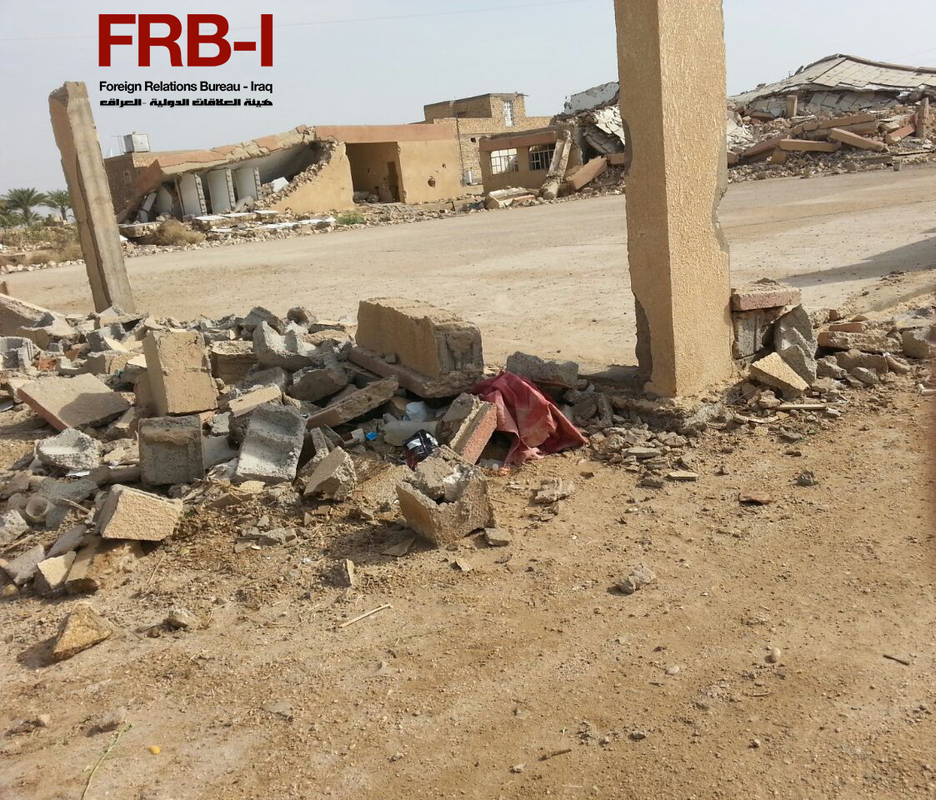
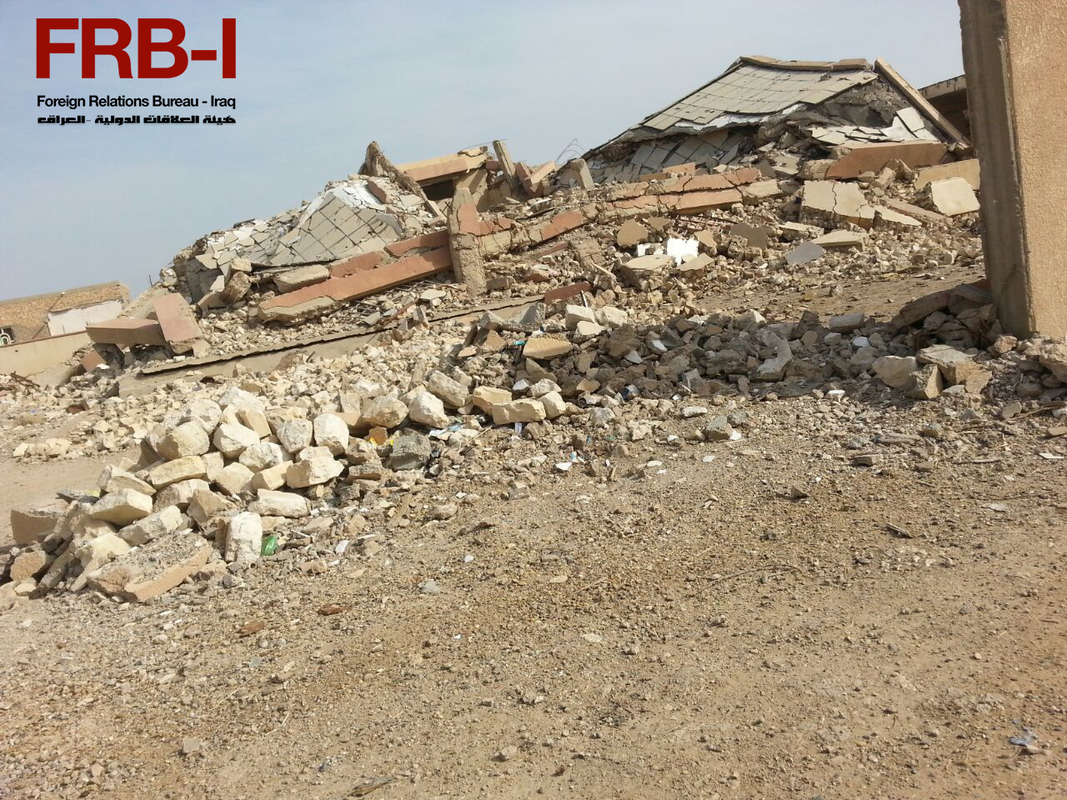
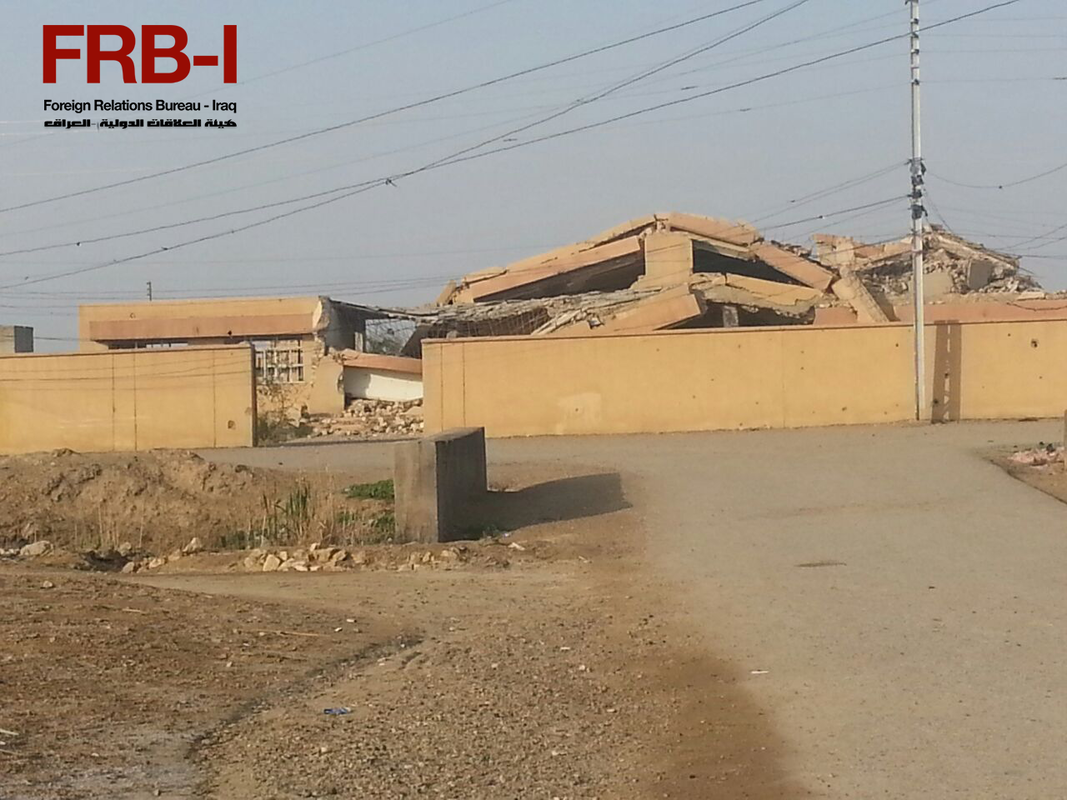
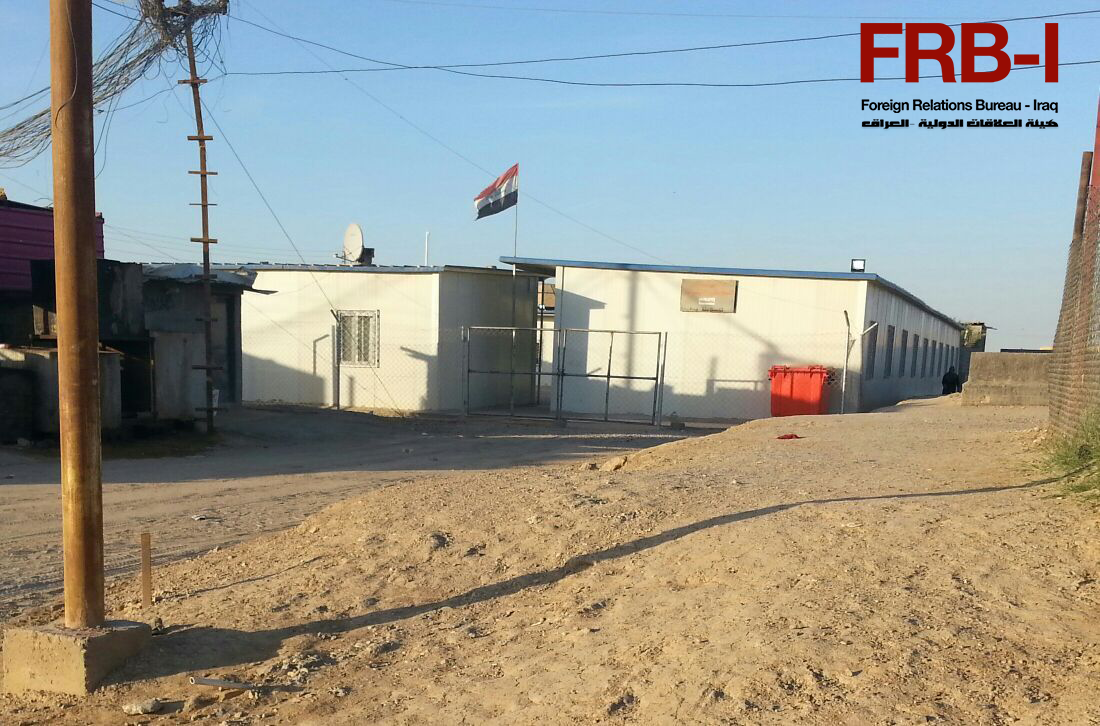
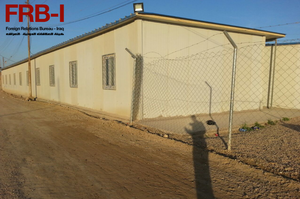
 RSS Feed
RSS Feed